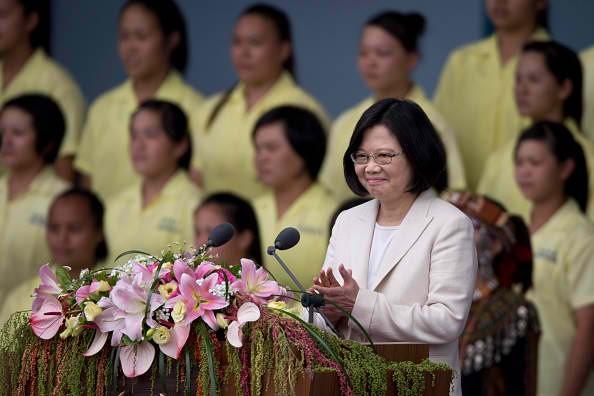Analysts said that China is employing the "divide and rule" strategy when it comes to issues concerning relations with China.
The strategy is signified by China's willingness to invest in Taiwan's tourism and economic shoulder while giving the cold shoulder to the central government.
Eight Taiwanese local government officials from the Nationalist Party were promised greater tourism and agricultural ventures in Beijing last month. This week, Chinese President Xi Jinping will meet Nationalist Party chairwoman Hung Hsiu-chu in Beijing during an annual party-to-party gathering.
However, the communist party has stopped communicating with Taiwanese President Tsai Ing-wen.
"The Chinese government has put political conditions relevant to Taiwan surrendering our sovereignty and our right to determine our own future on the outflow of tourists to Taiwan and that's what makes this a very politically complicated issue," said Hsiao Bi-him, a DPP lawmaker.
He added, "We have to condemn this divide-and-conquer strategy and also individual politicians who seek to play into the Chinese divide-and-conquer strategy."
China considers Taiwan as a renegade country but should be united under the "One China Policy" and the understanding between the two countries under the 1992 Consensus.
According to Salvatore Babones from the University of Sydney, "Taiwan has a messy history of invasion, occupation, colonization, refuge, and intermarriage."
Because of the friction between the two countries, Taiwan sought refuge from the U.S. Since 1990, arms sales from the U.S. has already amounted to $46 billion.
The U.S. State Department said, "Preparing for potential conflict in the Taiwan strait remains the focus and primary driver of China's military investment."
Economic trade between the two countries is slowly going downhill. In 2008, trade was at $6 billion and stepped down to $5.3 billion in 2015.






















